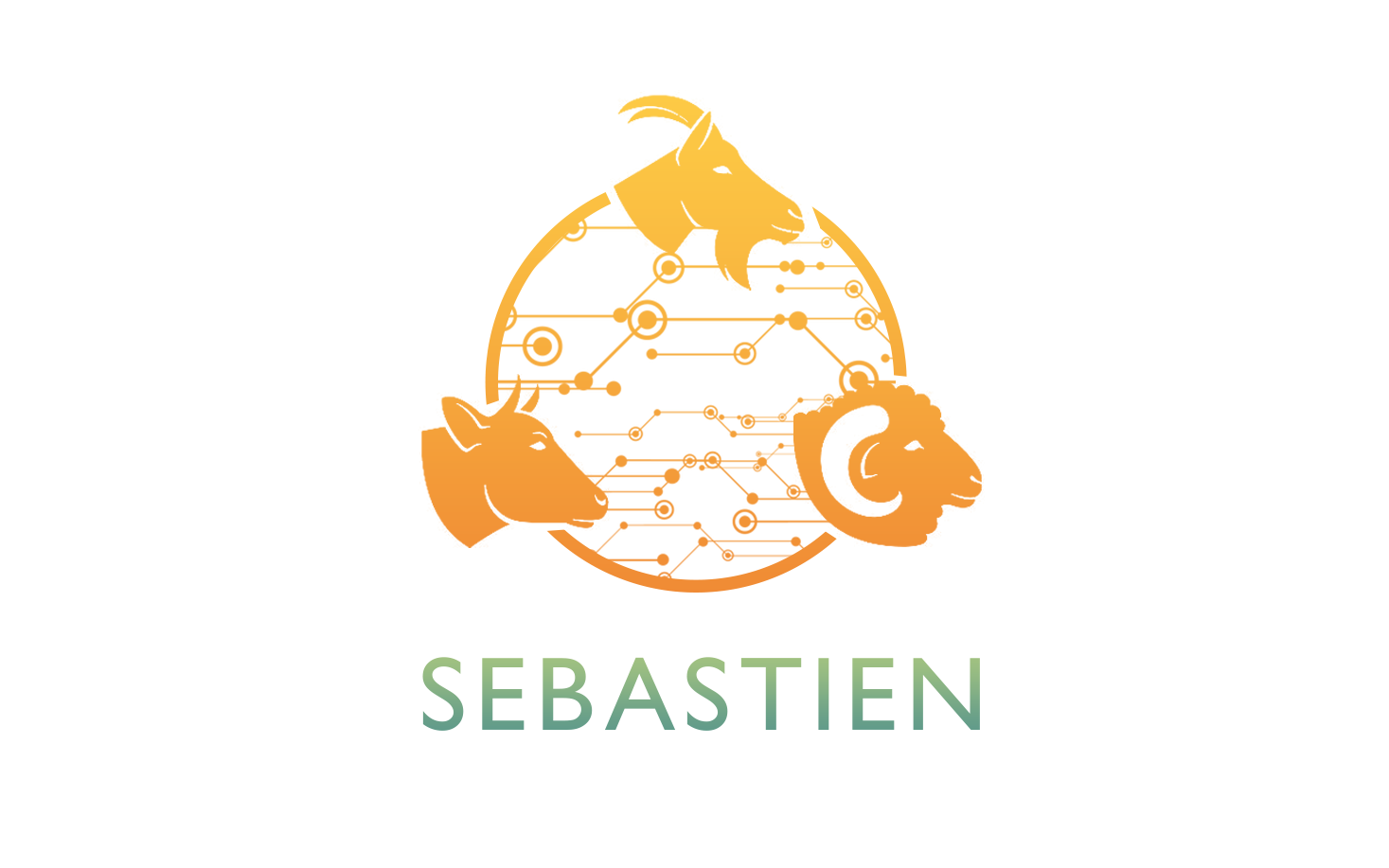The SEBASTIEN project, for a more efficient and sustainable livestock farming

Given the increasing focus on the greenhouse gas emissions of the livestock sector in the context of climate change mitigation, the SEBASTIEN project, co-financed by the Connecting Europe Facility of the European Union, was created to provide a Decision Support System (DSS) for more efficient and sustainable livestock farming.
As can be understood from the meaning of the name “SEBASTIEN” (Smarter LivEstock Breeding through Advanced Services Tailoring Innovative and multi-sourcE data to users’ Needs), the main objective of the project is to achieve economically and environmentally sustainable management of the livestock sector. In particular, the project targets cattle, sheep and goat breeding and consequently evaluates them through this new and technologically innovative digital system.
In particular, the DSS will cover extensive and intensive cattle, sheep and goat farming systems to meet the needs and priorities of the different actors in the sector, such as farmers, operators, researchers, governments, market operators, entrepreneurs and SMEs.
Through environmental, sectoral and other geospatial datasets, the DSS will be able to anticipate uncomfortable conditions for animals and alert the responsible parties to act before those new conditions set in and have an adverse impact on the livestock’s general behaviour, productivity, reproduction, mortality, and feed availability. For example, in situ IoT sensors on animals will collect real-time data, measuring parameters related to animal body conditions, such as body temperature, blood oxygen saturation, movement, positioning, resting time and heartbeat. These traits are associated with heat tolerance and animal health and well-being status.
Technologies developed in the IoT environment and Machine Learning (ML) and Artificial Intelligence (AI) protocols will be applied to collect and manage complex data sources, such as climate, animal health, and animal welfare performances. All the data will be implemented in prediction models and tools to guarantee the resilience of livestock systems. The idea is to identify the biological basis of heat stress resilience by applying systems biology and AI approaches to develop animal welfare and genomic selection predictive models.
Historical and future climate simulations at unprecedented spatial details will be combined into indicators of environmental comfort and well-being conditions. Satellite images will be integrated for multi-dimensional analyses of feed availability. Data will be integrated into user-tailored information through different techniques, from empirical and statistical indicators to Machine Learning algorithms. Produced information will be accessed and exploited through customised tools and services.
SEBASTIEN Data Portal is designed to enable interoperability, sharing and re-use of data, thanks to the harmonisation of included data. The portal is fully interacting and linked with the HIGHLANDER Data Portal, the European project on weather and climate data.
Moreover, SEBASTIAN will provide an Open Data and Services Exploitation Web Portal that will be a single access point to data, services and informative content. The Web Portal will deliver four main services:
- Coping with environmental stressors for breeds to support livestock farming towards breed adaptation to environmental conditions and production needs for Italian Holstein and Rendena, sheep and goats across Italy;
- Intensive farming risk management under climate extremes to alert about approaching or projected dangerous environmental circumstances for cattle across Italy, and in particular, the Italian Holstein, specialised in milk production;
- Extensive farming management and feed availability based on indicators and indices about the phenological stage and greening of the naturally vegetated or managed areas used to feed livestock heads when conducted outdoors. That is for sheep, goats and Rendena, adapted double purpose to Alpine valleys conditions in Sardinia and Alpine valleys of Northern Italy.
- Livestock farming under risks from combined abiotic and biotic factors to provide updated risk maps of parasites and diseases spread for sheep and goats in Sardinia and Tuscany.
The released Services’ Platform will contribute to making the livestock sector more environmentally and socio-economically sustainable and valuable, balancing the needs and priorities of different stakeholders. It will assist in the adaptation of the numerous farming systems to new climate regimes, variability and extreme events. The SEBASTIEN project will support increasingly resilient, sustainable and smart livestock farming in the future.